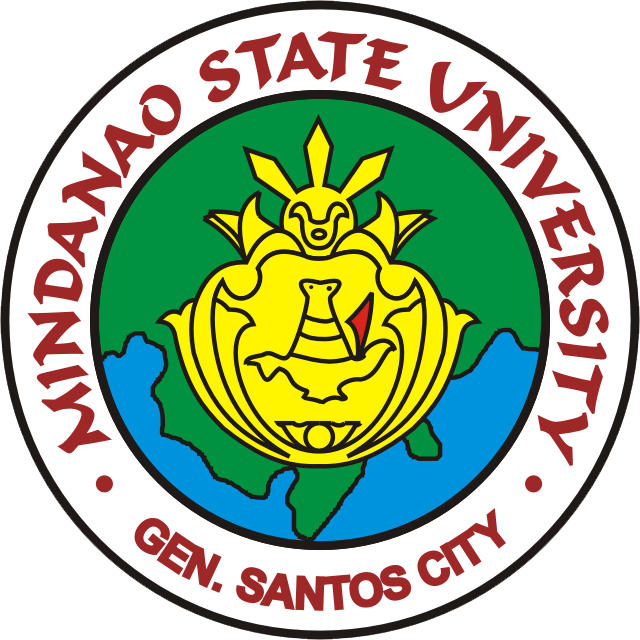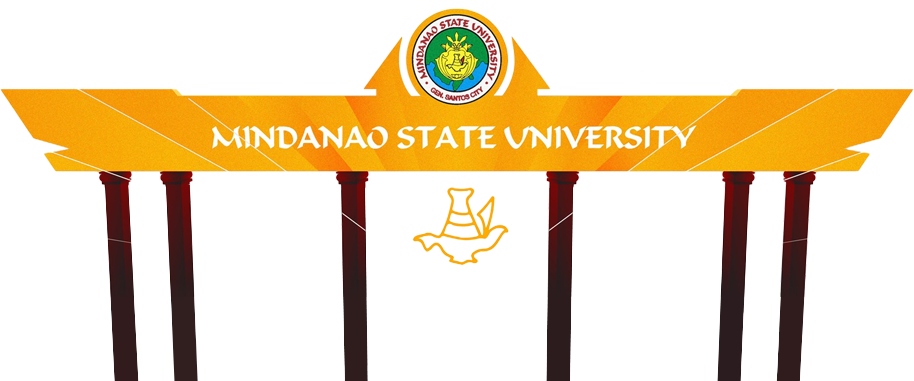College Info

Jay D. Buscano PhD
Dean
9088105718
Contact Number
cnsm@msugensan.edu.ph
Institutional Email
News and Events
Click the link below for our current news and events schedules
Faculty and Staff
Info File/brochure (if any)
Colleges
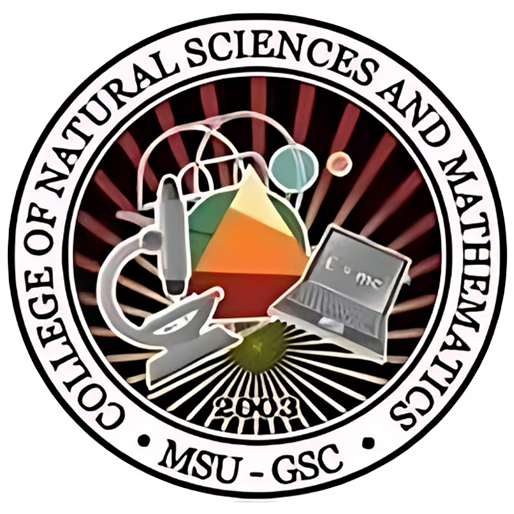
College of Natural Sciences and Mathematics
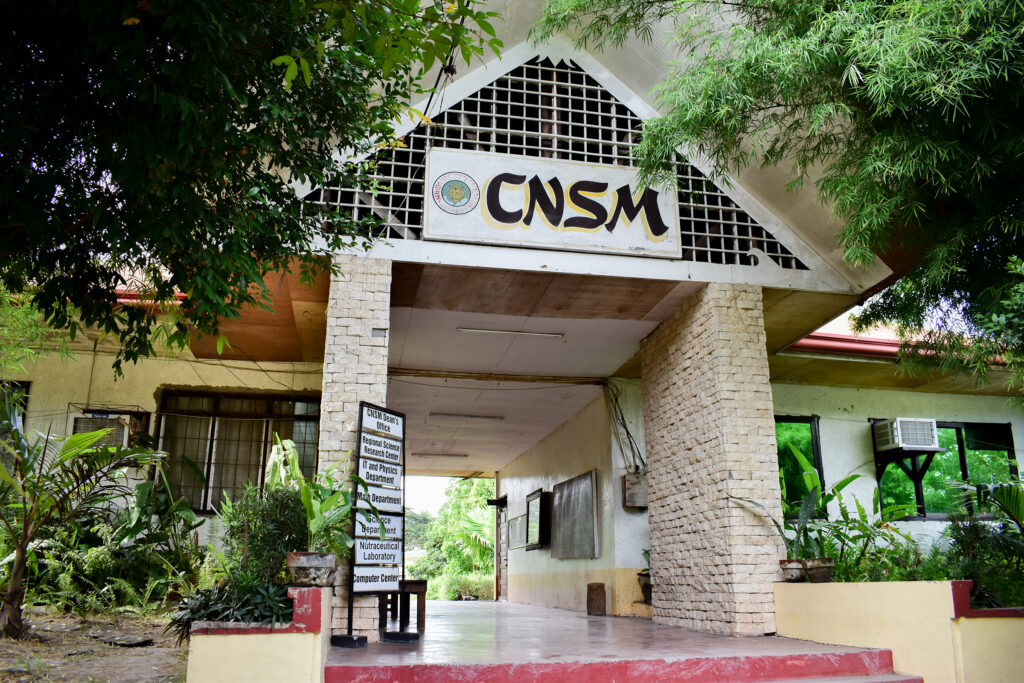
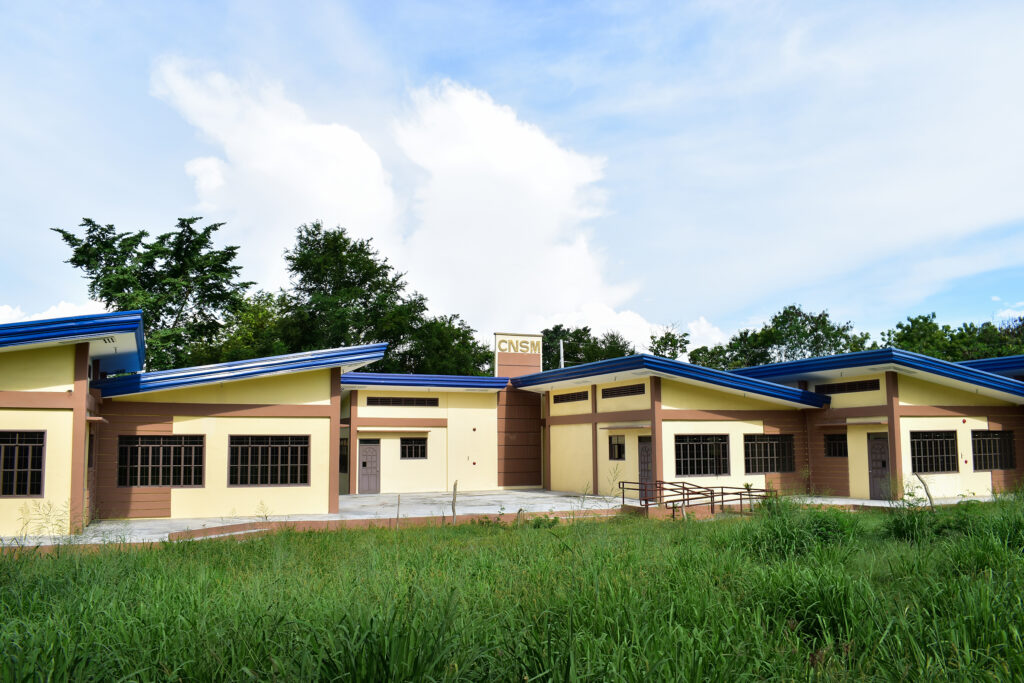

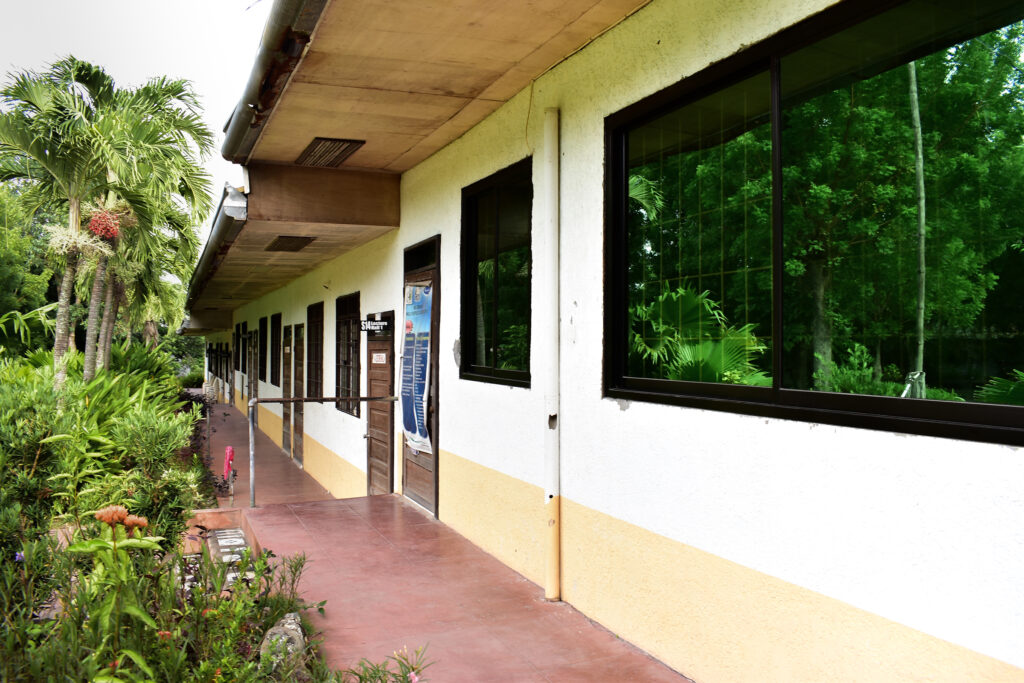
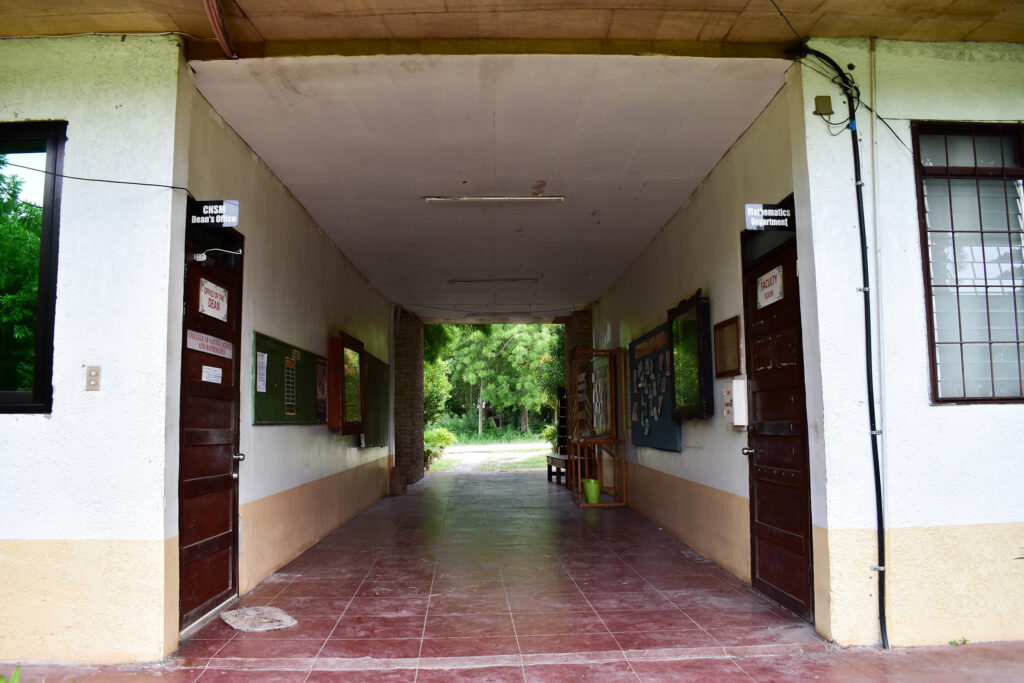
Contact Info
Lorem Ipsum is simply dummy text of the printing and typesetting industry. Lorem Ipsum has been the industry’s standard dummy text ever since the 1500s, when an unknown printer took a galley of type and scrambled it to make a type specimen book. It has survived not only five centuries, but also the leap into electronic typesetting, remaining essentially unchanged. It was popularised in the 1960s with the release of Letraset sheets containing Lorem Ipsum passages, and more recently with desktop publishing software like Aldus PageMaker including versions of Lorem Ipsum.
- Excellent and dynamic graduates;
- Responsive technologies;
- Relevant extension activities; and
- Profitable and sustainable income-generating projects.
Department Chairpersons

Lumer Jude Doce, DIT

Berlita Y. Disca, Ph.D

Ronaldo T. Bigsang

Maria Luisa N. Cabrera, Ph.D

Edward R. Lapong, Ph.D

Edward R. Lapong, Ph.D
Programs
Bachelor of Science in Biology
Department: Science
The Bachelor of Science in Biology curriculum offers a major in General Biology with four proposed tracks: Biodiversity, Animal Biology, Microbiology and Plant Biology. As of 2020, Microbiology and Animal Biology tracks are currently offered by the Science department. The BS Biology major in Biodiversity curriculum provides a deeper understanding of the diversity of life, with emphasis on the assessment of the diversity and conservation status of Philippine biodiversity, understanding factors governing the diversity, distribution, evolution, and ecology of floral and faunal species in both terrestrial and aquatic environments, as well as looking into global trends and issues that affect biodiversity loss, and formulate conservation strategies. The BS Biology major in Animal Biology curriculum prepares students for advanced studies (Master’s/PhD in Animal Science, human and veterinary medicine, and other related fields). Career options include teacher, researcher, field biologist, public educator, conservationists, policymakers, animal and wildlife educator, wildlife rehabilitator, animal keeper and curator. The BS Biology major in Microbiology curriculum will provide anin-depth understanding of key concepts of prokaryotes, microbial structure and biodiversity, microbial functions and genetics, and microbial impacts on human lives- food production, industrial products, pharmaceuticals, and effects on humans, animals and plants. The BS Biology major in Plant Biology curriculum encompasses traditional studies of whole-plant biology with consideration of recent advances in areas such as biodiversity, systematic, evolutionary biology, ecology, and ethnobotany. The BS Biology curriculum provides a deeper understanding in the many aspects of animal life (Animal Biology major), plant life (Plant Biology major), microbial life (Microbiology major) and the diversity of life (Biodiversity major). It gives more emphasis on the fields of systematics, taxonomy, ecology, genetics, evolutionary biology, morphoanatomy, physiology and molecular biology. During the first two years, students will be exposed to the application of technology in the processing of data. The integration of lecture and laboratory classes will allow maximal exposure of students to hands-on experiences, showcasing their individual learning capacity translated into creative skills and talents as well as training them to work in teams, bringing out their individual potential in performing group tasks even in the lecture classes. The laboratory portion is reinforced by more hands-on activities which will be done both in the classroom and in the field. Every major course incorporates updates from most recent scientific studies. Students will have practicum for one summer term and a total of three (3) semesters for the undergraduate thesis. Throughout their course work, students will be taught different methods of exploration, investigation, organization of data and how they are utilized in practical life. Graduates can be employed in both private and public institutions or they can opt to start their own business.
Bachelor of Science in Mathematics
Department: Mathematics
The Bachelor of Science in Mathematics program offering was approved through BOR Res. No. 1889 series of 1979. Through BOR Res. No. 357 series of 2017, the new curriculum was authorized conforming to the CMO No.48 series of 2017. BS Mathematics new curriculum offers two tracks, the Education track which has a total of 149.5 units and Statistics track with 151 units. The curriculum covers the professional and technical preparation of the graduates. The students have an option to take an education, statistics, or an advanced Mathematics subjects. Graduates of BS Mathematics can teach high school math courses or tertiary level/service courses and can also obtain jobs in finance, actuarial science, operations research, risk management, business and economics, banking and finance, computing and information technology or can pursue graduate studies.
Bachelor of Science in Information Technology
Department: IT and Physics
The Bachelor of Science in Information Technology program includes the study of the utilization of both hardware and software technologies involving planning, installing, customizing, operating, managing and administering, and maintaining information technology infrastructure that provides computing solutions to address the needs of an organization. The program prepares graduates to address various user needs involving the selection, development, application, integration and management of computing technologies within an organization. Through BOR Resolution No. 129, Series of 2018, the new curriculum of the BSIT program was approvedcompliant to the CHED CMO No. 25 Series of 2015. The program offers 2 major tracks – the Database Systems and the Network Systems. The curriculum has 156 units that includes the required General Education, common ITE, professional and domain specific courses.
Master of Science in Biology
Department: Master of Science in Biology
Doctor of Sustainable Development Studies
Department: Doctor in Sustainable Development Studies
Master in Sustainable Development Studies
Department: Master in Sustainable Development Studies
Master in Sustainable Development major in Sustainable Community Development
Department: Master in Sustainable Development Studies
Master in Sustainable Development major in Sustainable Economic Development
Department: Master in Sustainable Development Studies

